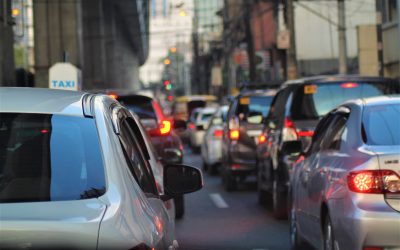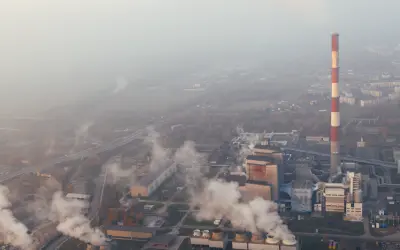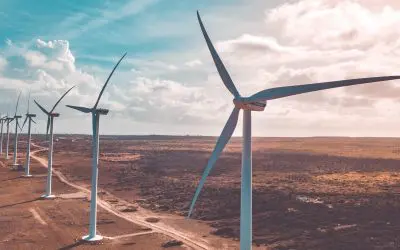The Ambitious Nine
Last month, nine member states of the European Union (EU) called on the European Commission to ban the sale of new petrol and diesel cars.
Austria, Belgium, Denmark, Greece, Ireland, Lithuania, Luxembourg, Malta, and the Netherlands wrote to the Commission, asking for “A phase-out date for the sale of new petrol and diesel cars and vans in the EU in line with the objective of climate neutrality by 2050”. Europe aims at delivering its goal to cut net EU greenhouse gas emissions at least 55% by 2030, from 1990 levels, and to reach climate neutrality by 2050.
The 9 member states also asked the European Commission the current CO2 standards be strengthened. The Commission is planning to propose tougher CO2 standards (so-called Euro 7) for new vehicles in Europe in June 2021. The European Public Health Alliance (EPHA) which works on this topic has called for ambitious Euro 7 standards to protect public health and the environment.
The nine countries signatories also said that “Car manufacturers are increasingly directing investments into the development and production of zero- and low emission vehicles, but the transition needs to be accelerated.” Many carmakers have already pledged to switch to all-electric cars. In 2021, carmaker Volvo promised it would become fully electric by 2030, as well as Ford to sell only all-electric cars in Europe by 2030.
The 9 EU member states also wrote that the EU legislation should be amended to allow countries to take national action to phase-out new petrol and diesel cars.
Keep the pressure on lawmakers
This text is not popular with some major car-producing member states nor with some car manufacturers. Yet, European countries like Norway, the U.K. and France have already set a phase-out date for new fossil fuel cars, respectively by 2025, 2030, and 2040.
We need to keep the pressure on lawmakers to take action and to restrict the use of internal combustion engines (ICE).
The Medics for Clean Air campaign is a powerful tool to influence the European institutions: health professionals are respected and are listened to when they raise their voice on health. The campaign supports 2028 as the target date for the phasing out of the sale of new petrol and diesel cars, and 2045 has the end of the internal combustion engine.
Why end the sale of new diesel and petrol vehicles by 2028?
Europe needs to phase out the sale of diesel and petrol vehicles by 2028 if it wants to meet its commitments to the Paris climate agreement. State parties have resolved to limit the rise in global average temperatures to 1.5°C. In order to have a high (66%) chance of achieving this, the EU will need to end all sales of conventional fossil fuel-powered vehicles by 2028 and phase out all petrol and diesel cars by 2045.
Solutions like active mobilities or public transport or battery technologies will support the shift to zero-emission mobilities. Cutting exhaust emissions will significantly improve air quality in our cities.









